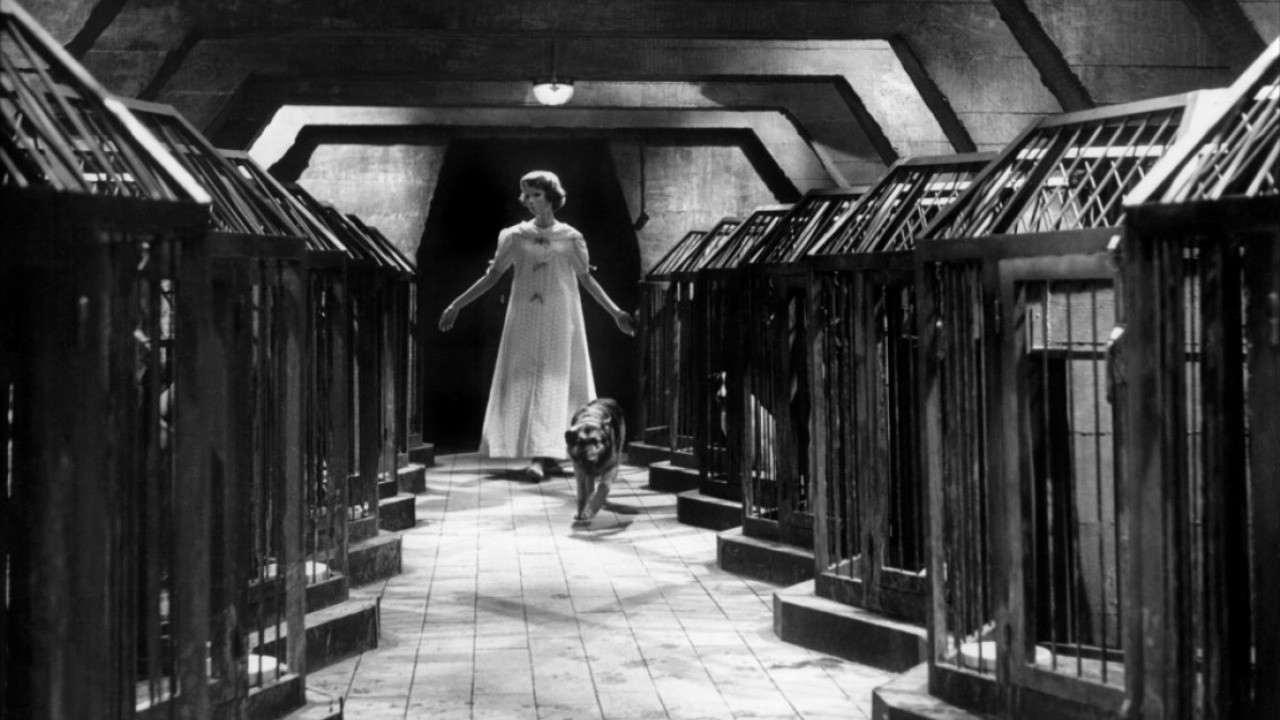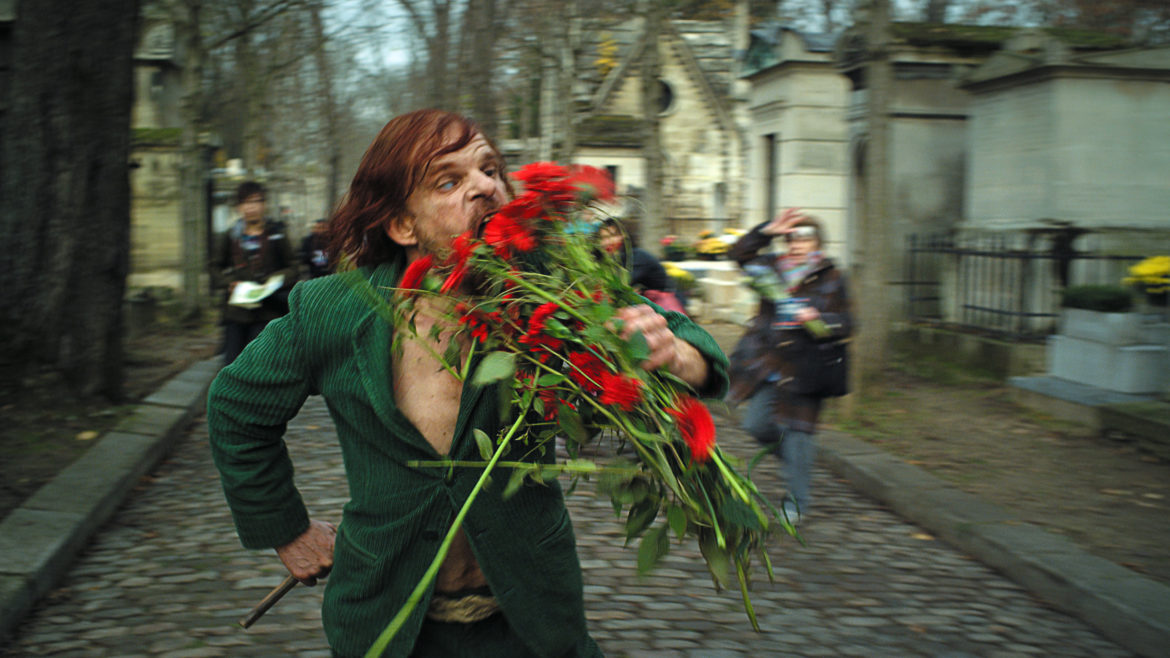With the 50th anniversary of May ’68 – and the famed “events” thereof – approaching, it was a good time to come across the vital documentary Henri Langlois: Phantom of the Cinematheque at my local library. Jacques Richard‘s seven-years-in-the-making account of the father of film preservation only briefly touches on those events, and has its eyes too fixed to the screen to contextualize them rigorously in the larger social upheaval of that year, but it’s scope feels right all the same.
Georges Franju
Twenty three years before Billy Idol crooned its title while disconcertingly staring at music video audiences, Eyes Without A Face was a horror masterpiece.
Georges Franju’s unsettling meditation on the uncanny still haunts our films. (Pedro Almodóvar had fun reprising it earlier this decade.
When I began writing about horror cinema as a form of oblique artistic grappling with our real-life treatment of nonhuman animals, it was with enthusiasm and several convictions. First, that this approach would merge two of my primary interests, philosophical issues of animal rights and their aesthetic representation and also scary movies.
Of all the 2012 films I’ve recently seen that are set mostly in the back of improbably spacious limousines (that would be two, if you’re keeping score), Holy Motors is the best.
In fact, Leos Carax’s surreal, unclassifiable ode to cinema and performance might be my favorite movie I’ve watched all year – on the AV Club, Mike D’Angelo memorably and accurately called it 2012’s “most electrifying whatsit.”




